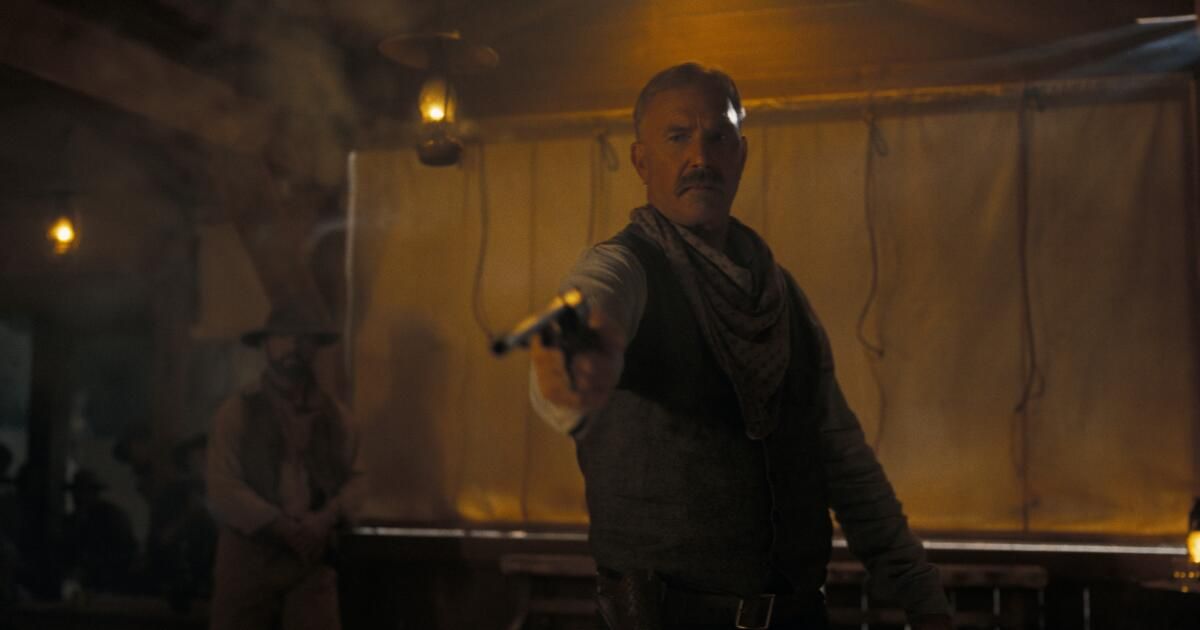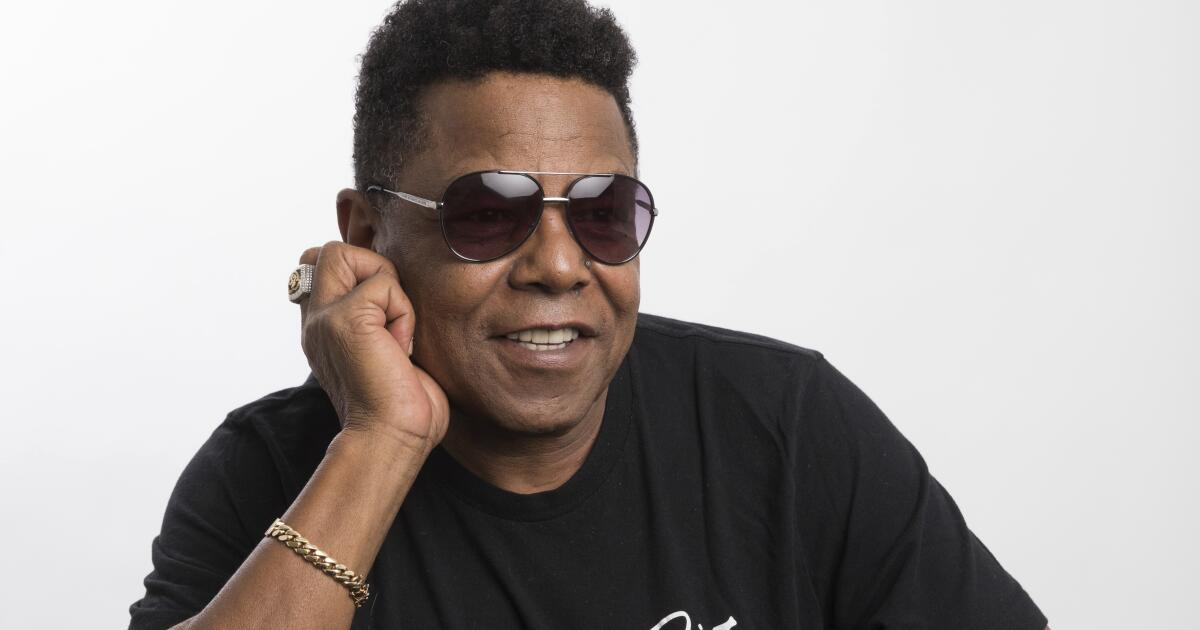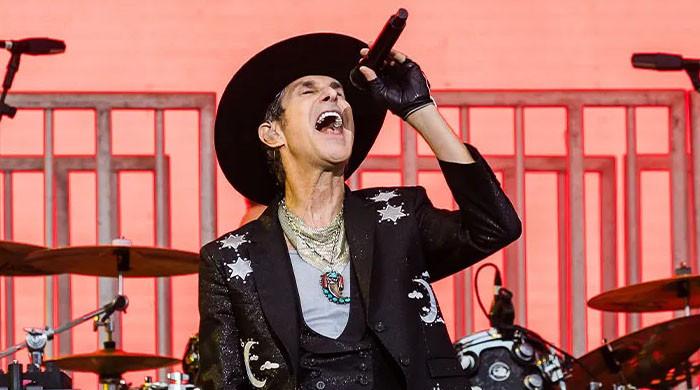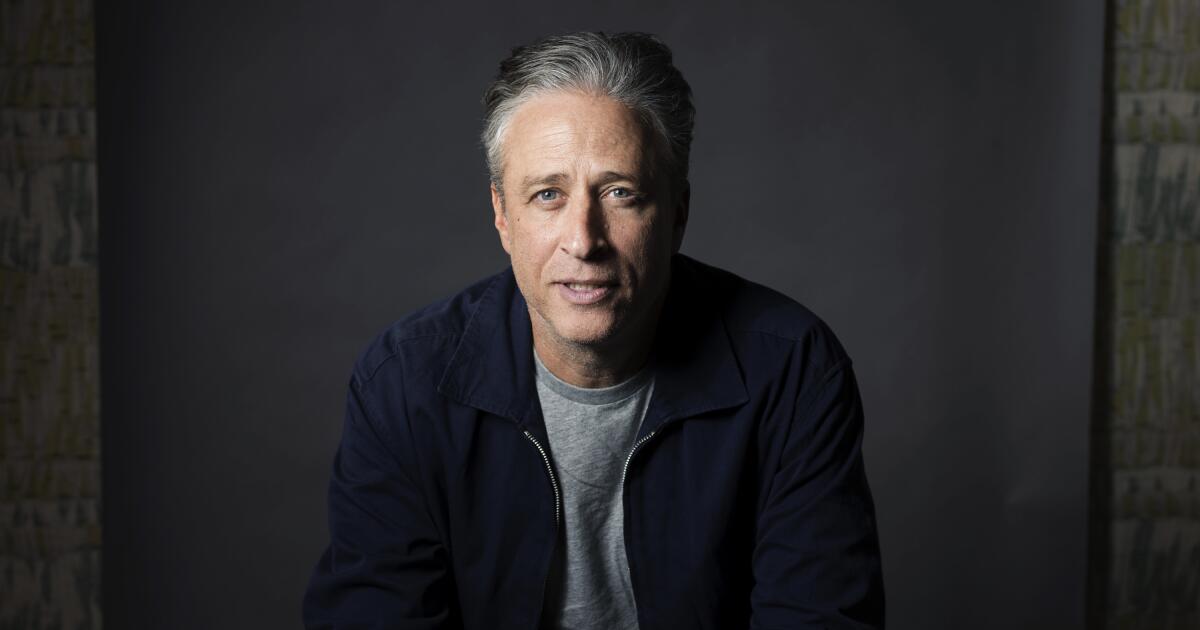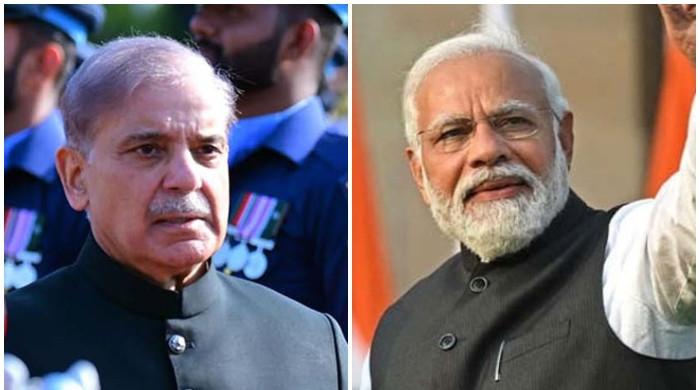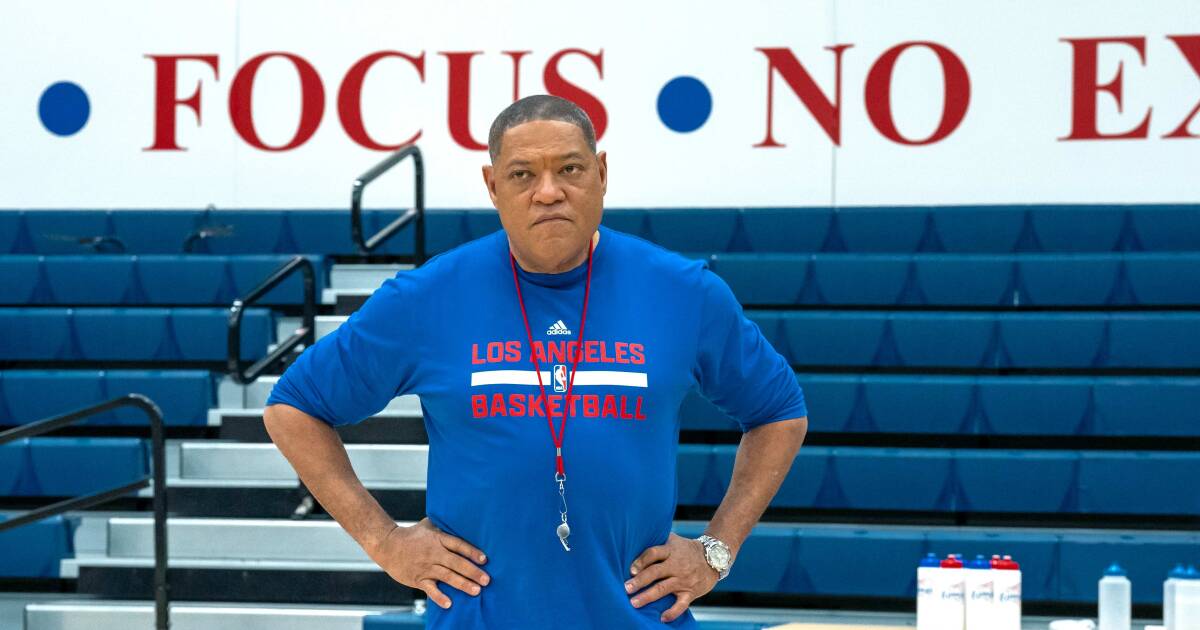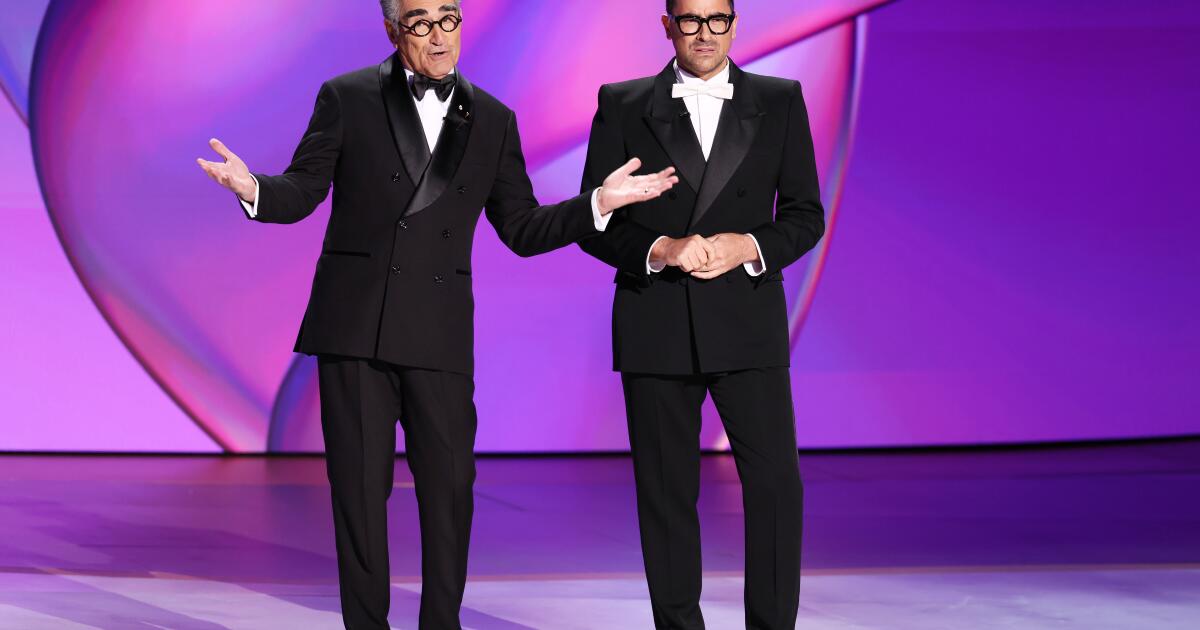Kevin Costner's new Western epic, “Horizon: An American Saga – Chapter 1,” is the kind of movie that asks the question: How was this made? But we already know, because part of the story of the film is that producer, director, star and co-writer Costner banked the financing himself, taking on a great personal risk.
To devote himself to the planned four-part series “Horizon: An American Saga,” the Oscar winner for “Dances With Wolves” left the hit television series “Yellowstone” and made his own property available to self-finance this story set in the Civil War era, demonstrating a kind of tenacious and determined commitment, similar to that of the pioneers of the Old West. Like “Megalopolis,” Francis Ford Coppola’s self-financed film, which also premiered at last month’s Cannes Film Festival along with “Horizon,” is an admirable if delusional dedication to the deeply personal cause of cinema.
But what unfolds on screen over the course of three hours and one minute in “Horizon: An American Saga – Chapter 1” can only be described as a massive waste, a misguided and terribly tedious cinematic experience. That Costner has promised three more deliveries seems like a threat.
“They don't make them like that anymore” is usually a compliment. With “Horizon” it is a condemnation. They don't make them like that anymore because we've evolved beyond this kind of broad, cheesy Western melodrama (with questionable racial and sexual politics). They don't make them that way anymore because Martin Scorsese carefully dismantled that kind of reductive Western storytelling in “Killers of the Flower Moon,” delivering the eulogy himself.
There's a distinctly retro feel to this project, and not in a classic, old-fashioned way, but rather in a dated, out-of-touch way, in plot and style. It looks and sounds like a '90s TV miniseries, photographed with flat, glossy compositions and scored to a syrupy, sentimental, emotionally oppressive score by John Debney.
Co-written with Jon Baird and Mark Kasdan, the script weaves together several disparate stories largely set in 1863. In the end, we will come to understand that all roads lead to Horizon, a cursed piece of land that has been much publicized among pioneers. even though the Apache tribe has kept the land free of anything but the headstones of white settlers for years.
In one of the first action sequences, Apache warriors attack a dance in the tent city of Horizon, a scene that reads like a right-wing fever dream, where guns are the salvation against the faceless Indian other. Later, Costner takes us to the Apache tribe, where an elderly leader warns the young warriors that settlers will continue to come, and we finally witness white retaliatory violence against the Apache. Perhaps we'll see more nuanced depictions of Native American life in future installments, but for now, the depictions are problematically generalized and seemingly superficial.
Sienna Miller in “Horizon: An American Saga – Chapter 1.”
(Images from Warner Bros.)
In the aftermath of this attack, widowed Mrs. Kittredge (Sienna Miller) and her daughter Lizzie (Georgia MacPhail) are taken by Union soldiers to the nearest military camp, where the two women discover a growing affection for their saviors, including Trent Gephart. (Sam Worthington).
Elsewhere, the Sykes brothers from a Montana Territory family seek revenge on a young woman, Ellen (Jena Malone), who shot her father and ran away with her son. She has settled in a small Wyoming Territory town with an enterprising sex worker, Marigold (Abbey Lee), but she can't leave her past behind. Marigold seduces horse trader Hayes Ellison (Costner), but the two have to go on the run after a run-in with one of the evil Sykes brothers (Jamie Campbell Bower). Meanwhile, a contentious caravan, led by Matthew Van Weyden (Luke Wilson), makes its way to Horizon, battling the elements, and there's also a band of Apache hunters hoping to turn native scalps into trade.
All these stories are cut in a messy and uneven way. There are random time jumps and scenes last too long or are revealed to be pointless. Instead of a deeply explored narrative arc, we're stuck jumping between several, not caring or understanding much about anyone beyond the surface level.
There are so many speaking roles that we can't appreciate them, beyond extremely basic “black hat/white hat” understandings of Western archetypes, which ultimately make all the characters (aside from Costner) insultingly cartoonish. The great performances provide a melodramatic tone that makes “Horizon” seem deeply silly. Costner, stoic, reminds us of his powerful screen presence, but surrounding his character is an unfortunate circus of stereotypes.
“Horizon” is the kind of auteur project that makes one long for the idea of studio notes, of anyone being able to reject Costner's worst instincts. Unfortunately, he proves to be the judge, jury and executioner of his own passion project.
Katie Walsh is a film critic for Tribune News Service.
'Horizon: An American Saga – Chapter 1'
Classification: R, for violence, some nudity and sexuality.
Execution time: 3 hours, 1 minute
Playing: In wide release on Friday, June 28

